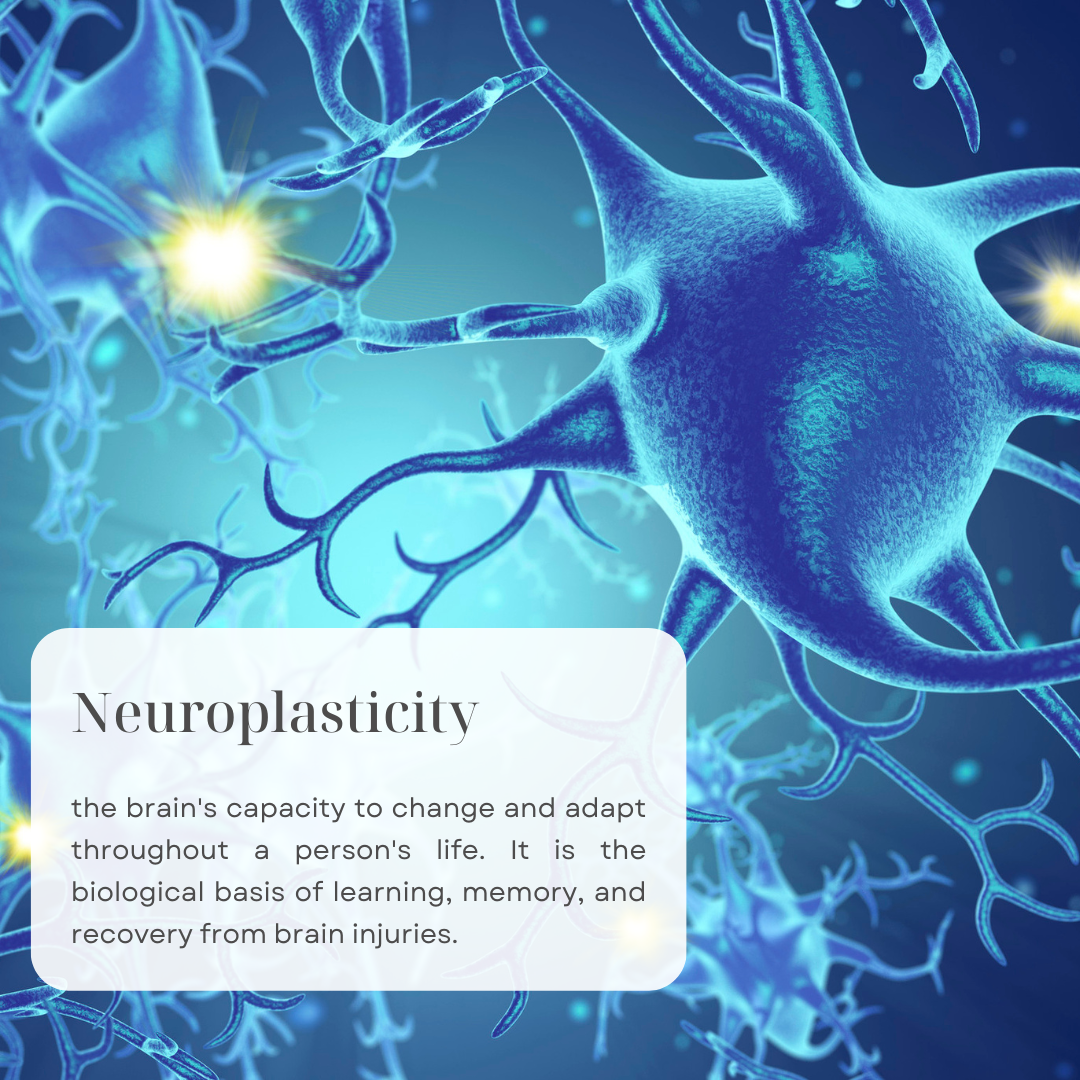Neuroplasticity and Personal Growth
The human brain is a marvel of adaptability and resilience. One of the most fascinating aspects of brain function is its ability to rewire and reorganize itself in response to experiences, learning, and environmental changes. This remarkable phenomenon is known as neuroplasticity, and it plays a pivotal role in personal growth and development.
Neuroplasticity, also referred to as brain plasticity, is the brain's capacity to change and adapt throughout a person's life. It is the biological basis of learning, memory, and recovery from brain injuries. While the brain's plasticity is most pronounced during childhood, research has shown that it persists throughout adulthood, albeit to a lesser extent. Neuroplasticity is a fundamental aspect of human brain function that continues to shape our lives from childhood to old age.
There are two main types of neuroplasticity:
Structural Neuroplasticity: This type involves physical changes in the brain's structure. It includes the formation of new neural connections (synaptogenesis), the pruning of unused connections (synaptic pruning), and the rewiring of existing circuits. Structural neuroplasticity underpins long-term learning and memory formation.
Functional Neuroplasticity: Functional neuroplasticity refers to changes in the brain's functional organization. This can involve the brain redistributing functions from damaged areas to healthy ones, known as cortical remapping. It also includes the strengthening of existing neural pathways to improve specific skills or abilities.
Neuroplasticity and Personal Growth
Learning and Skill Acquisition: Neuroplasticity enables us to acquire new skills and knowledge. When we engage in learning activities, our brain forms new neural connections, reinforcing the pathways associated with the newly acquired skill. This is the basis for acquiring language skills, musical proficiency, or expertise in any field.
Overcoming Challenges: When individuals face adversity, such as recovering from a physical injury or dealing with emotional trauma, neuroplasticity plays a vital role in the recovery process. The brain can reorganize itself to compensate for lost functions or emotional scars, facilitating personal growth and resilience.
Emotional Regulation: Emotional intelligence and emotional regulation are key components of personal growth. Neuroplasticity allows us to rewire our emotional responses and develop healthier coping mechanisms. Through mindfulness practices, therapy, and self-awareness, individuals can reshape their brain's response to emotions, leading to increased emotional well-being.
Changing Habits and Behaviors: Breaking old habits and forming new ones is often a challenging process. Neuroplasticity is at the heart of behavioral change. By consistently making different choices and reinforcing positive behaviors, individuals can establish new neural pathways, making it easier to maintain healthier habits.
Practical Strategies for Harnessing Neuroplasticity
Lifelong Learning: Embrace a growth mindset and engage in lifelong learning. Challenge your brain with new experiences, whether it's learning a new language, taking up a musical instrument, or acquiring new skills related to your interests and passions.
Mindfulness and Meditation: Mindfulness practices, such as meditation, can help reshape the brain's responses to stress and emotions. Regular mindfulness exercises can increase emotional resilience and improve overall well-being.
Physical Activity: Exercise has been shown to promote neuroplasticity by increasing the production of neurotrophic factors, which support the growth and survival of neurons. Incorporating regular physical activity into your routine can enhance cognitive function and mood.
Seek Novelty: Novelty and variety stimulate the brain. Travel, explore new hobbies, or simply expose yourself to different experiences to challenge your brain and promote structural and functional neuroplasticity.
Mental Health Support: If you're dealing with emotional trauma, anxiety, or depression, seeking professional mental health support can be transformative. Therapy and counseling can help you rewire maladaptive thought patterns and develop healthier emotional responses.
If you’d like to talk more about this and/or receive personalized support creating or changing habits, click here to request a session.
I am a PhD in Clinical Sexology candidate at Modern Sex Therapy Institutes and have a Master of Science in Educational Psychology. I work with individuals, couples, non-monogamous relationships, and groups in topics related to sexuality, emotional regulation, communication dynamics, and changing behaviors.


